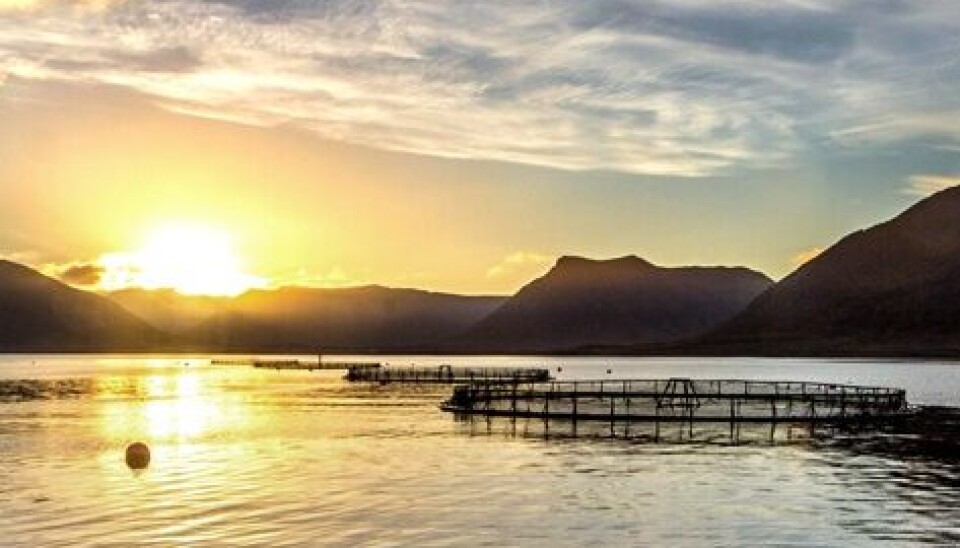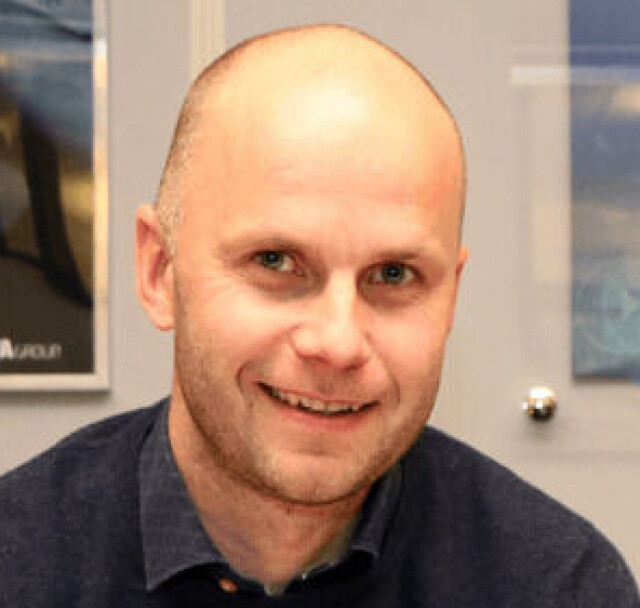

Arctic Fish chief executive to step down
Stein Ove Tveiten, chief executive of Icelandic salmon farmer Arctic Fish, has announced his decision to step down from the role, the company said in a stock exchange announcement.
“Serving as CEO of Arctic Fish has been an incredible journey. Over the past seven years, I’ve had the privilege of working with a fantastic team and witnessing rapid and substantial growth for both the company and the industry as a whole,” said Tveiten.
“It has been an honour to serve in this role, and I believe Arctic Fish and Iceland are uniquely positioned for continued growth and sustainable development.”
Board chairman Øyvind Oaland said: “Stein Ove has dedicated a lot of effort and time to Arctic Fish and is handing over a company with solid volume development and great future growth projections. We are highly appreciative of his contribution.”
Smooth transition
The board of Arctic Fish, which is majority-owned by the world’s biggest Atlantic salmon farmer, Mowi, will commence the recruitment process for a new CEO. Tveiten will continue to serve as CEO until a successor is appointed to ensure a smooth transition.
Arctic Fish has licences for 29,800 tonnes maximum allowed biomass covering 11 farming areas in six different fjords, all located in the Westfjords of Iceland.
Iceland’s Environmental and Natural Resources Board of Appeal (UUA) recently annulled portions of Arctic Fish’s licence for new sites at Kirkjusund and Arnarnes in Ísafjarðardjúp and instructed the Icelandic Food and Veterinary Authority (MAST) to conduct further review.
25,000 tonnes by 2029
“These two sites, which have never been operational, will not impact our current production capacity and forecast,” said Arctic Fish when the decision was announced.
The UUA rejected complaints regarding the renewal of Arctic Fish’s operational and environmental licences in Patreksfjörður and Tálknafjörður, confirming the continuation of activities as planned.
“These rulings ensure that Arctic Fish’s production capacity remains unchanged, allowing us to confidently progress towards our target of 25,000 tonnes by 2029,” Tveiten said at the time.























































